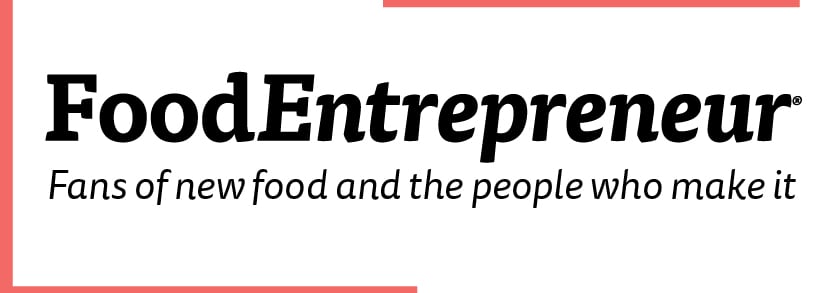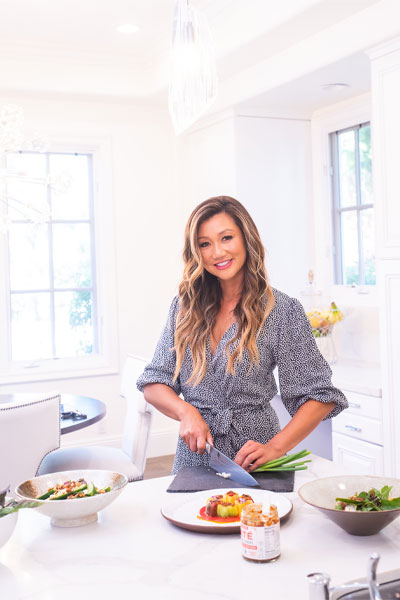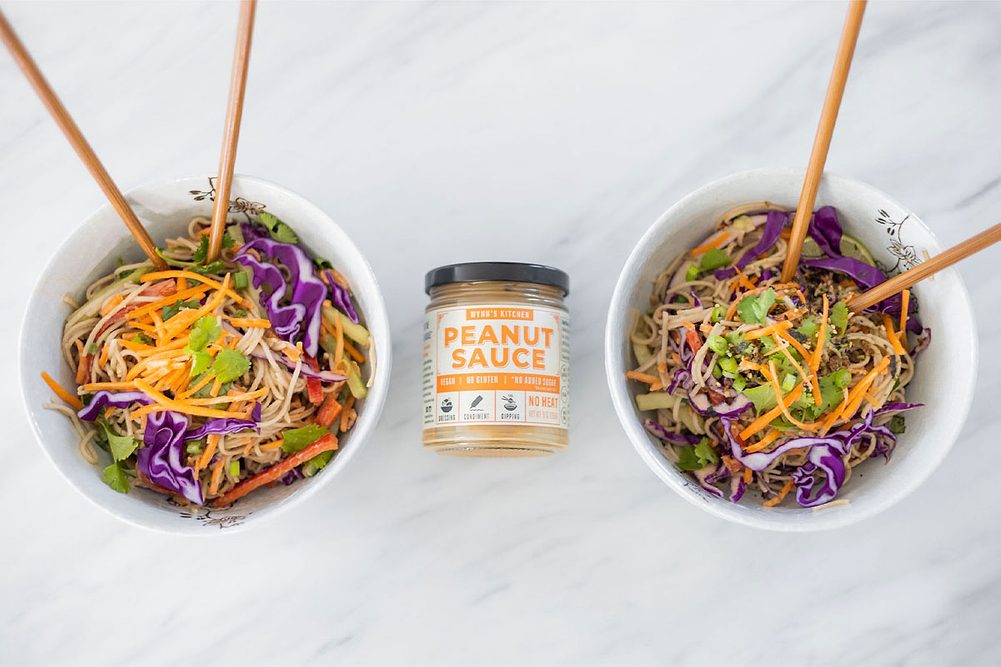 SAN DIEGO — Wynn Austin, founder of Wynn’s Kitchen, has taken a leap of faith and opened a crowdfunding round out of hopes of providing more consumers with her better-for-you Asian-based condiments.
SAN DIEGO — Wynn Austin, founder of Wynn’s Kitchen, has taken a leap of faith and opened a crowdfunding round out of hopes of providing more consumers with her better-for-you Asian-based condiments.
Wynn’s Kitchen offers two sauces — peanut sauce and a sate Asian chili sauce — as well as a Pho spice mix. The brand began with the peanut sauce and later added the sate chili sauce last year.
Austin started her consumer packaged goods company in 2019 as an “accidental business.”
“This is something I did as a side hustle and created the sauce for myself and the community and my friends were like, ‘oh give me a jar,’” she said. “It started very grassroots; I was selling it out of the trunk of my car going to tennis matches and things like that and someone wanted one.”
Austin said she plans to use the funds to expand inventory, launch a new lemongrass and marinade sauce flavor, and increase brand visibility, according to a LinkedIn post from Austin.
“As a consumer product goods business, there’s always a challenge with inventory and having inventory on hand,” she said. “Most people don’t realize anytime you need product, we pay everything upfront for the inventory then you have to try to sell it after. I’ve been doing smaller orders and we’ve grown and gotten up to two pallets each time we do production, which is huge because I remember ordering only 50 cases because that’s all I could afford.
 Wynn Austin founded Wynn’s Kitchen to provide consumers with better-for-you Asian based condiments. Photo: Wynn's Kitchen
Wynn Austin founded Wynn’s Kitchen to provide consumers with better-for-you Asian based condiments. Photo: Wynn's Kitchen“The other one is marketing, I want to hire more people to do demos in the stores, offering promotions to the stores, (and) putting the item on sale so it helps people say ‘oh let me give this a try.’”
The crowdfunding round, led solely by Austin and her team, is open on Indiegogo and features products, perks, merchandise, a podcast guest spot with Austin, and even in-person or virtual cooking classes hosted by Austin.
“Customers can go on and buy a starter kit or even pre-order our lemongrass sauce,” she said. “That’s part of our crowdfunding, too, is we need help with raising capital to do the R&D to create the third sauce.
“We built the campaign by ourselves. I know there are companies that can help you launch your crowdfunding campaign, but for me I’m scrappy, I want all the money we raise to go back into the business instead of spending so much money trying to raise money. (And) not everyone has an appetite for investing. It’s (Indiegogo) really geared toward everyday consumers.”
Existing customers gave Austin the confidence to pursue a crowdfunding round in addition to growth, as the company grew 120% last year.
“The customers and consumers are the ones that have really driven this business for me,” she said. “It’s just really trying to push getting help from the crowd, consumers and our current fanbase to help spread the word and build the community with healthy living and healthy eating. We had a big amount of growth and got more distribution through larger retailers like Bristol Farms and Mothers Market.”
Wynn’s Kitchen has a direct-to-consumer component and focuses on wholesale accounts. Products also are found on Faire.com (Wholesale Marketplace) and independent stores on the West Coast.
Austin said she even found her first retailer by walking in and pitching her business in the middle of the Seaside Market grocery store in San Diego.
“I didn’t know how things worked,” she said. “That’s how I got my first store and they’re (Seaside Market) still one of my top sellers. I started one store at a time and then went through Amazon. I didn’t have sales from the website for a long time until about a year and a half ago when I was able to launch my website.”
The condiment brand aims its Asian-based products toward the health-conscious consumer and those who suffer from food allergies.
“I think everyone is all about prevention and feeling good,” she said. “It’s (Wynn’s Kitchen) very high protein, keto friendly, Whole30, you’re eating real food. It’s not powders, flavor of soy sauce with some thickener, that’s what you usually see in the Asian aisle, right now is a lot of sauces are thick sauces with a lot of powders and vinegars or sugars and not a lot of real ingredients. That’s the problem I’ve seen with Asian food (too) is there’s so much sugar in Asian food.”
Although Austin is entering her first funding round, she remains optimistic even while battling against a “difficult financial era.”
“All I can do is try,” she said. “There’s been a lot of instability. Investors and venture capital firms are not investing as much as they used to. At the end of the day, it’s really the consumers that speak out (that) they love our products, they’re thankful that if they have allergies there’s an Asian sauce that they can actually make and eat and have all the flavors at home.”
Gaining share on the West Coast is how Austin said she plans to scale her business.
“Just growing between Southern California and moving into Northern California and on the West Coast side,” she said. “That’s where I have distribution right now and growing with that warehouse and so all these stores pull from that warehouse. There is a danger of growing too fast, unless you have a lot of fun and a lot of sales. It’s really difficult to go nationwide in large channel. I’m focusing on independent stores, natural grocery chains (and) we pitched to Whole Foods, so we’re working on that.”
Enjoying this content? Learn about more disruptive startups on the Food Entrepreneur page.





